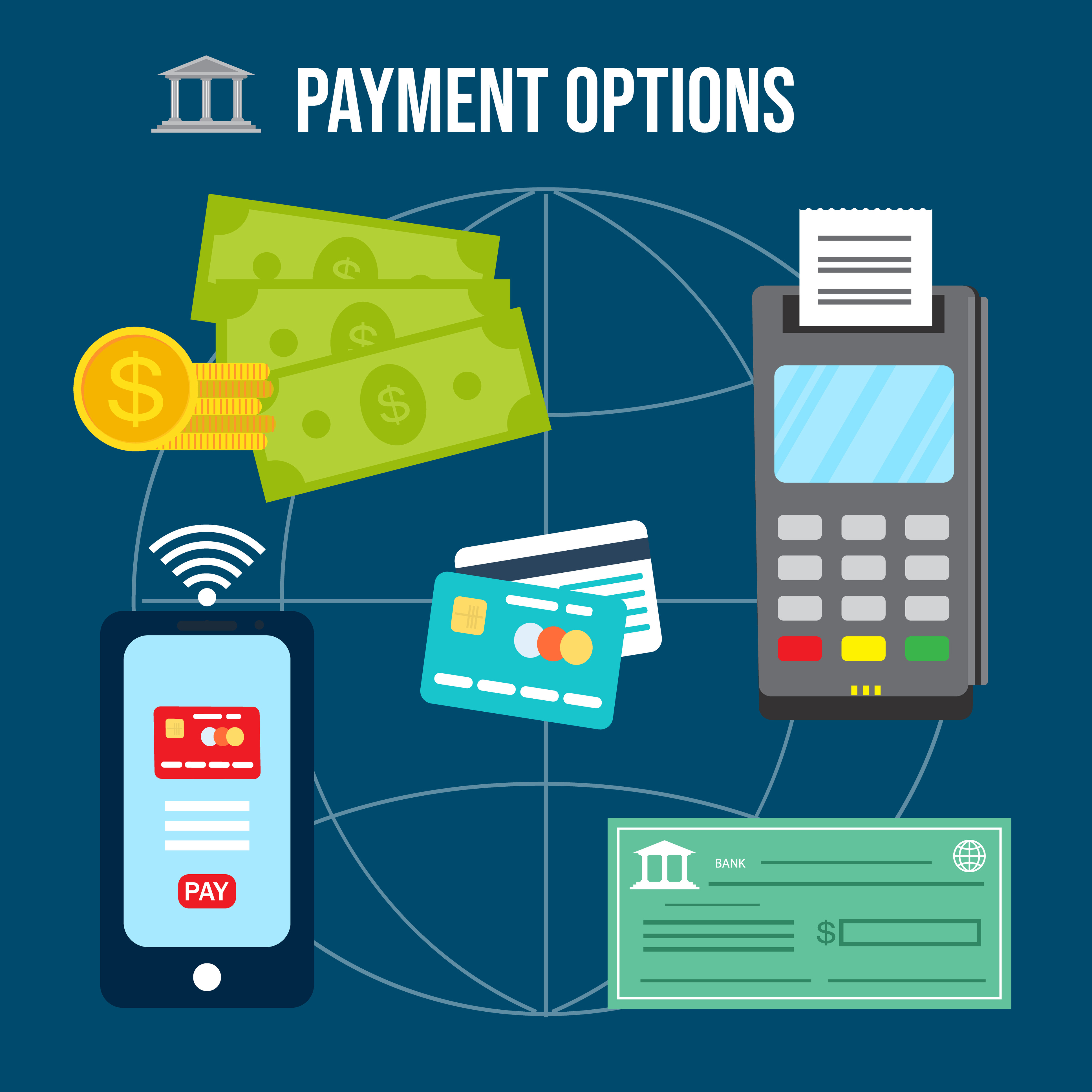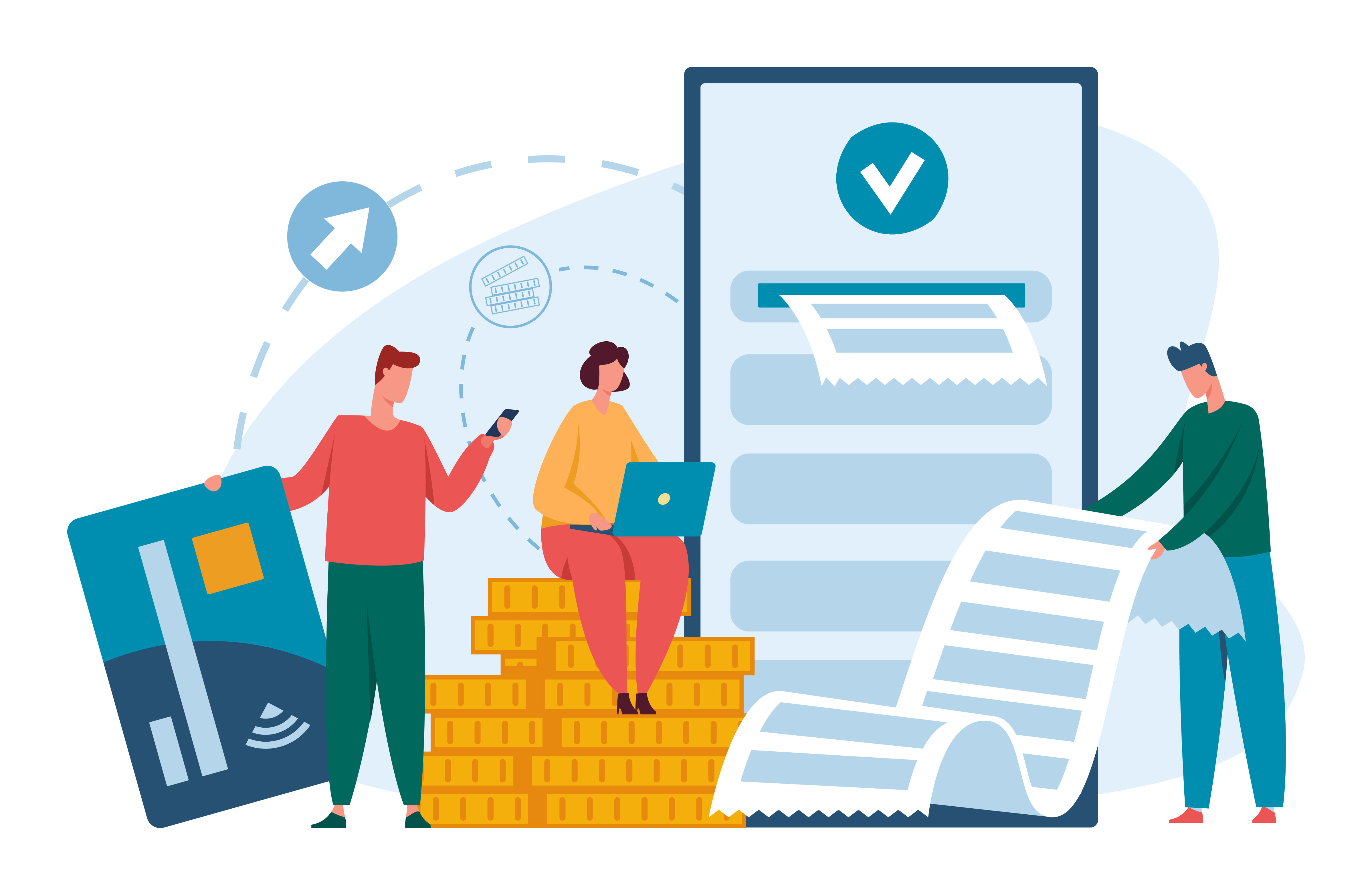According to a report on GlobeNewswire, the US B2B payment market had a transaction value of $868 billion in 2020. The global market is projected to grow from $870 billion in 2020 to $70 trillion by 2030, reflecting a compound annual growth rate of 10.7% from 2021 figures. This rapid growth highlights the increasing importance and appeal of B2B payments, signaling a long-term trend that businesses cannot afford to overlook.
As B2B payments continue to evolve, companies are seeking more efficient, secure, and scalable solutions to handle their transactions. This article will dive into the ABCs of B2B payments, explore the best B2B payment platforms available, and outline what to look for when selecting the right payment solution for your business.
Additionally, with the rise of digital payments and innovations like blockchain and real-time payments, B2B companies now have access to faster, more transparent transaction methods. These technologies are enhancing security, reducing fraud, and streamlining the payment process, making it easier than ever for businesses to conduct cross-border transactions with confidence and ease. As such, understanding the trends shaping the future of B2B payments is key for companies aiming to stay competitive in a digital-first world.
B2B payment processing and trends
As the market grows, these are the trends that businesses should look out for as they will lend a competitive edge to any B2B payments business.
i) Digital payments
About 36% of mid-sized companies have digitized more than 70% of their B2B payment transactions, while about 50% of them have digitized 50% of the payments.
ii) Real-time processing
More businesses are adopting real-time payment infrastructure and systems, unlike other payment options that may take hours or days to reflect on an account.
A Mastercard survey found that 83% of the 120 organizations it surveyed saw real-time processing as the best way to improve payment systems efficiency.
iii) Mobility
Although mobility is a trend in the B2C industry, it is slowly catching up within the B2B space. As the demand rises, more companies will increase payment portals and mobile functionality. A mobile platform increases a business’s flexibility and helps boost automation.
iv) The rise of cryptocurrency?
Yes, the topic still ruffles feathers but ever since Visa, MasterCard, and PayPal announced and followed through on their intentions, cryptocurrency is starting to gain traction in the B2B payments industry.
That is especially so because they mostly use cryptocurrency pegged on the US dollar, so there is little risk with price fluctuations.
v) Numerous B2B payment options are available
Because of the opportunity available within this market, numerous B2B payment options are popping up everywhere. The number of options available makes it hard to determine the superior system. Still, with time, checks and wire transfers will become obsolete.
vi) Strong business outcomes
Advantages of B2B payment options like increased efficiency, accelerated payment, convenience, and low costs, can boost a company’s profitability and productivity. Ultimately, those two factors are the goals of any business. So, this is a trend that will continue as long as B2B payment options exist.
vii) Businesses use B2B payments internally first
Before adopting a new payment system, businesses first test them out internally on departments like benefits and payroll. After verifying their capabilities, they will gradually utilize these systems in B2B payments as they grow conversant and comfortable with the system.

B2B payment methods/solutions
Modern technologies changed the way businesses make payments. Automation is the driving force behind payments, so paper checks are quickly becoming a thing of the past.
Although business-to-business payment options were slower to develop electronic transfers, these are the top B2B payment solutions available today:
1. PayPal
PayPal is the most popular payment platform globally and has been in the industry since 2003. You can accept and make conventional payments, conduct e-commerce transactions, make installments payments, track inventory, and scan barcodes with this platform.
Features include:
- Free to open an account. Business accounts cost $30 a month
- Accepted globally for international payments
- Customizable online checkouts
- Express checkout
- Online invoicing
- Credit card reader
- Mobile card reader
2. Square
This is the platform of choice for easy and secure transactions as businesses enjoy fast transactions with no long-term extra fees. Square has an open API, allowing companies to design their custom solution. The app is free. However, it has a standard processing fee of 2.6% + 10 cents.
Features:
- Online payments
- Electronic invoicing
- Set up appointments
- No monthly subscription fees
- Manage online store orders
- Generate custom reports
3. Resolve
It is a fintech offering a B2B payment gateway that streamlines electronic payments for both parties. The payment provider even integrates QuickBooks accounting software for auto-bookkeeping, ensuring your payment records, including accounts payables, are up to date.
Features:
- Advance payments – up to 90% of the invoice value
- Clients get more time to pay, be it 30, 60, or 90 days
- Multiple forms of payment, like wire transfers, checks, or bank transfers
- Handy accounts receivables dashboard
4. Transferwise
This is a UK-based company that offers global transactions at a mid-market rate. This payment solution is simple, fast, and secure. The company believes in borderless money transactions.
Features:
- Handles large amounts
- Easy transfers from one account to another
- Multi-currency account
- Onsite fee calculator
- User-friendly and easy to navigate platform.
- Affordable rates
5. Remitly
This is a payment system that uses mobile phones to transact. Remitly has no hidden fees and offers fast payment processing. This payment option has a free account that will process money within 3-5 business days. Immediate transactions attract a fee of $3.99 per payment.
Features:
- Instant money to a mobile account
- Redeem and issue gift cards
- Receive cash from different locations in minutes
- Fast and secure currency conversion
- Highly competitive transfer rates
- Easy to use interface
Most popular types of B2B payments
a) Credit cards
Credit card payments are the primary type of B2B payment. Users prefer them because of the high level of convenience. Additionally, they offer impressive levels of transparency, seeing as how they are trackable at month-end.
While they incur interest rates, they still ensure that a business has backup funds. Business owners prefer credit cards because they are also relatively secure.
b) ACH payments
Automated Clearing House (ACH) is reliable and faster than traditional payment types. It takes a fully electronic approach using routing numbers and bank accounts.
Besides speed and reliability, this type of payment is cost-effective and requires zero fees at times. Consider looking into them since they’re easy to track and integrate into your systems and whatever other methods you use to run your business.
c) Wire payments
Wire payments are money transfers between banks routed through financial networks. Often business owners prefer to use the SWIFT financial network to handle these payments.
They come in two types, cash and digital. Cash-based wire payments go directly to the recipient, while digital transfers move electronically from account to account.
Companies find them convenient because they allow international payments. They are preferable for B2B because of their real-time nature. Besides timing, the conditions attached to these payments are pretty bearable. However, they have a daily cut-off time for transaction completion.
d) Digital dayment platforms
Payment providers like Dwolla, Stripe, Venmo, Resolve pay are great examples of digital payments platforms you can use to transfer funds from account to account.
Startups, established organizations, and small businesses can also use mobile payment solutions like Google Pay, Mastercard MasterPass, or Apple Pay. Payments on digital platforms happen among companies and rarely through bank accounts, although they have indirect connections.
While they are great alternatives for B2B payments, they can incur high transaction fees. Some platforms like Venmo are only possible through apps. On the other hand, PayPal is accessible through a PC or phone.
e) Paper checks
Most consumers have turned to other platforms and are slowly leaving paper checks behind. Although that’s the case, vendors are still interested in them because of the security they offer. Apart from security, businesses prefer them because they can accommodate the huge amounts of cash typically required in B2B transactions.
Further, checks have a convenient paper trail for tracking during audits. They also carry other benefits like:
- It is possible to cash a check without a bank account
- You don’t need to deposit a check immediately
- Paper checks are cost-effective
f) Cash
Paying cash is right at the top of most preferred primary types payments in a B2B platform, right alongside credit card payments. Vendors prefer cash payments since they don’t carry any fees. Paying with cash is quick, and there are often no complicated demands.
One thing that requires keeping watch over is the cash flow balance which can become irregular due to recurring payments. Still, the speed and efficiency of cash payments can overwhelm this issue at times.
B2B payment best practices
Vendors have multiple B2B payments options to choose from. Either of the options might be more applicable and efficient depending on how a business runs. B2B payments best practices differ between the paying end and the receiver.
If you are on the buying end:
- Communicate with vendors on time in case you foresee delays in payments
- Negotiate new terms with vendors using positive parts of payments history
- Try using credits cards to pay to help reconcile cost
- Pay up account balance after the transaction
If you are a seller:
- Develop incentives like discounts to incentivize customers to pay early
- Prepare and send invoices after transactions
- Have definitive due dates and communicate due dates and fines
- Remind customers of nearing payment deadlines
What to look for in a B2B platform
Finding the right B2B payment platforms for your business is essential. Here are some top 4 elements to look for in a B2B platform:
Versatility: Consider settling for a platform that meets the payment needs of your business. A service provider should accommodate sizable payments to eliminate splitting payments, incurring further costs.
Reliability: It’s essential to get a payments platform with services you can count on. Research the provider at customer reviews websites such as Capterra, G2 Crowd, and TrustRadius to find one with a great track record.
Automation abilities: Automated workflows are more efficient and help with auditing and efficiency. When a capable system is handling payment automatically, it eliminates the possibility of human error.
User Friendliness: Whatever solution you settle for should center around ease of use, enhancing the customer experience by offering easy navigation through its features. In addition, a payment discount would incentivize customers to make early payments.
Final word – the best of B2B payment portals
Software as a Service (SaaS) companies disrupt the payments industry because they provide a B2B payments solution that their traditional counterparts struggle to match. Their biggest drawcard is the instant transfer of funds, even across borders. Other incentives include reliability, versatility as you can customize the platform to offer the services you need, and automation abilities to help with data collection and auditing.
Although the most popular types of B2B payments remain checks, wire transfers, and cash, B2B payments platforms such as PayPal, Stripe, and Resolve integrate with other platforms to offer these and other payment options.







